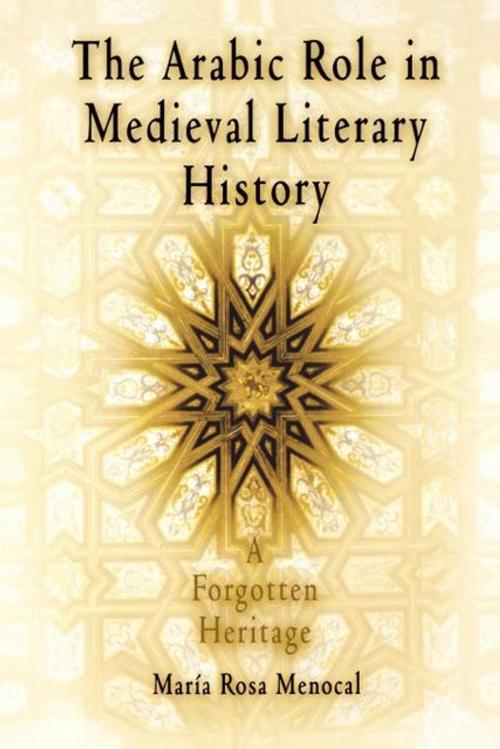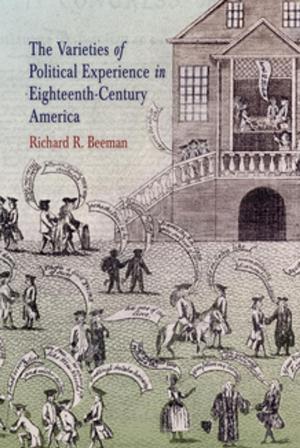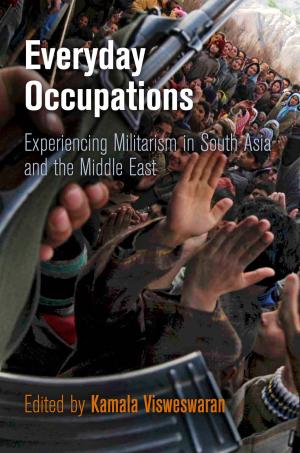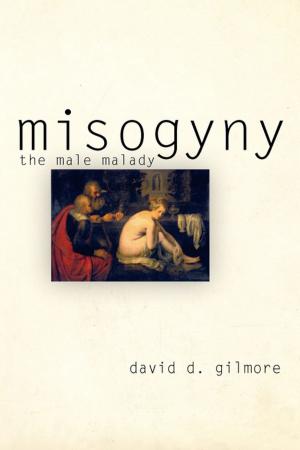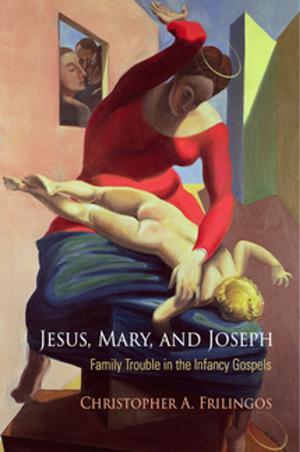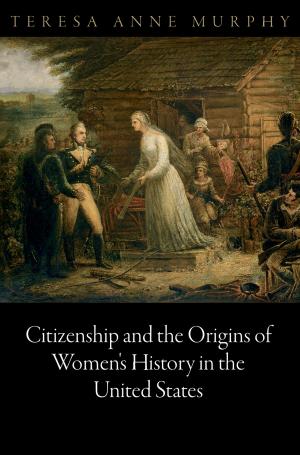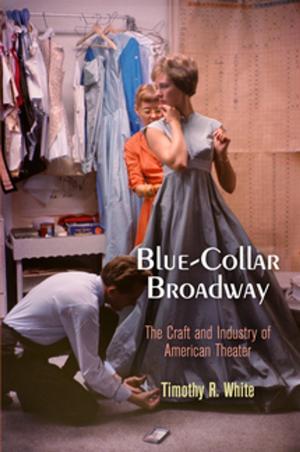The Arabic Role in Medieval Literary History
A Forgotten Heritage
Fiction & Literature, Literary Theory & Criticism, Asian, Middle Eastern, Medieval| Author: | María Rosa Menocal | ISBN: | 9780812200713 |
| Publisher: | University of Pennsylvania Press, Inc. | Publication: | August 3, 2010 |
| Imprint: | University of Pennsylvania Press | Language: | English |
| Author: | María Rosa Menocal |
| ISBN: | 9780812200713 |
| Publisher: | University of Pennsylvania Press, Inc. |
| Publication: | August 3, 2010 |
| Imprint: | University of Pennsylvania Press |
| Language: | English |
Arabic culture was a central and shaping phenomenon in medieval Europe, yet its influence on medieval literature has been ignored or marginalized for the last two centuries. In this ground-breaking book, now returned to print with a new afterword by the author, María Rosa Menocal argues that major modifications of the medieval canon and its literary history are necessary.
Menocal reviews the Arabic cultural presence in a variety of key settings, including the courts of William of Aquitaine and Frederick II, the universities in London, Paris, and Bologna, and Cluny under Peter the Venerable, and she examines how our perception of specific texts including the courtly love lyric and the works of Dante and Boccaccio would be altered by an acknowledgment of the Arabic cultural component.
Arabic culture was a central and shaping phenomenon in medieval Europe, yet its influence on medieval literature has been ignored or marginalized for the last two centuries. In this ground-breaking book, now returned to print with a new afterword by the author, María Rosa Menocal argues that major modifications of the medieval canon and its literary history are necessary.
Menocal reviews the Arabic cultural presence in a variety of key settings, including the courts of William of Aquitaine and Frederick II, the universities in London, Paris, and Bologna, and Cluny under Peter the Venerable, and she examines how our perception of specific texts including the courtly love lyric and the works of Dante and Boccaccio would be altered by an acknowledgment of the Arabic cultural component.
